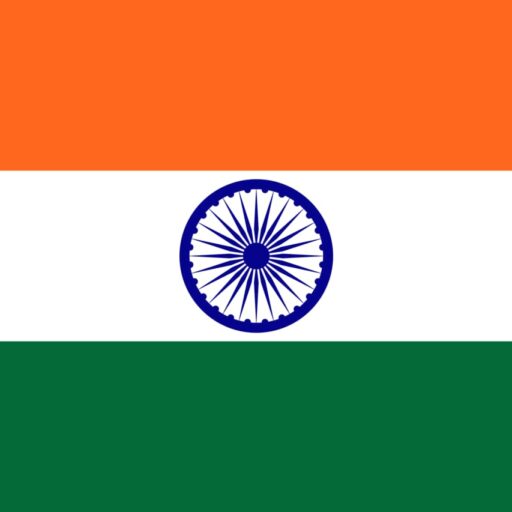
Private schools in India have always been subject to regulations and guidelines set by the Central government. In recent years, one of the most talked-about regulations is the requirement for private schools to purchase books and uniforms from specific vendors. However, the government has clarified that private schools will not be forced to buy books and uniforms from specific vendors, and this article will delve into the details of this law and its guidelines.
Background of the Regulation:
In 2017, the Central Board of Secondary Education (CBSE) had issued a circular directing all its affiliated schools to purchase books and uniforms only from vendors authorized by the board. The circular had stated that the decision was taken to ensure that schools do not indulge in commercial activities and promote healthy competition among vendors. However, this circular was met with criticism from various quarters, including private school associations, who argued that it was a violation of their autonomy.
To address these concerns, the Central government issued a clarification in 2018 stating that private schools will not be forced to buy books and uniforms from specific vendors. The clarification also stated that private schools have the freedom to choose their vendors, as long as they follow the guidelines set by the government.
Guidelines for Private Schools:
The guidelines for private schools in India to purchase books and uniforms from vendors of their choice are set by the Central government. Here are some of the guidelines:
Quality of Books and Uniforms:
The books and uniforms provided to students must be of good quality. The government has set certain standards for the quality of books and uniforms, and private schools must ensure that the vendors they choose meet these standards.
Reasonable Price:
The price of books and uniforms should be reasonable. Private schools must ensure that the vendors they choose offer books and uniforms at a fair price. This will ensure that parents do not have to bear an undue financial burden.
Availability of Books and Uniforms:
Books and uniforms must be easily available to all students. Private schools must ensure that the vendors they choose have a sufficient supply of books and uniforms to meet the demand.
Provision of List of Recommended Vendors:
Private schools must provide a list of recommended vendors to parents. The list must include vendors that meet the standards set by the government for the quality of books and uniforms.
No Commercial Activities on School Premises:
Private schools must not engage in any commercial activities on their premises. This means that private schools cannot sell books and uniforms directly to students. The vendors must be outside the school premises.
Right to Education (RTE) Act:
The government has also directed private schools to follow the provisions of the Right to Education (RTE) Act. The RTE Act mandates that schools should provide free textbooks and uniforms to economically weaker students. This provision has been included to ensure that no student is deprived of education due to financial constraints.
The RTE Act also requires private schools to reserve 25% of their seats for students from economically weaker sections of the society. These students are entitled to free education, which includes textbooks and uniforms.
Conclusion:
Private schools in India are not forced to purchase books and uniforms from specific vendors. They have the freedom to choose their vendors, as long as they follow the guidelines set by the government. These guidelines ensure that the books and uniforms are of good quality, reasonably priced, and easily available
